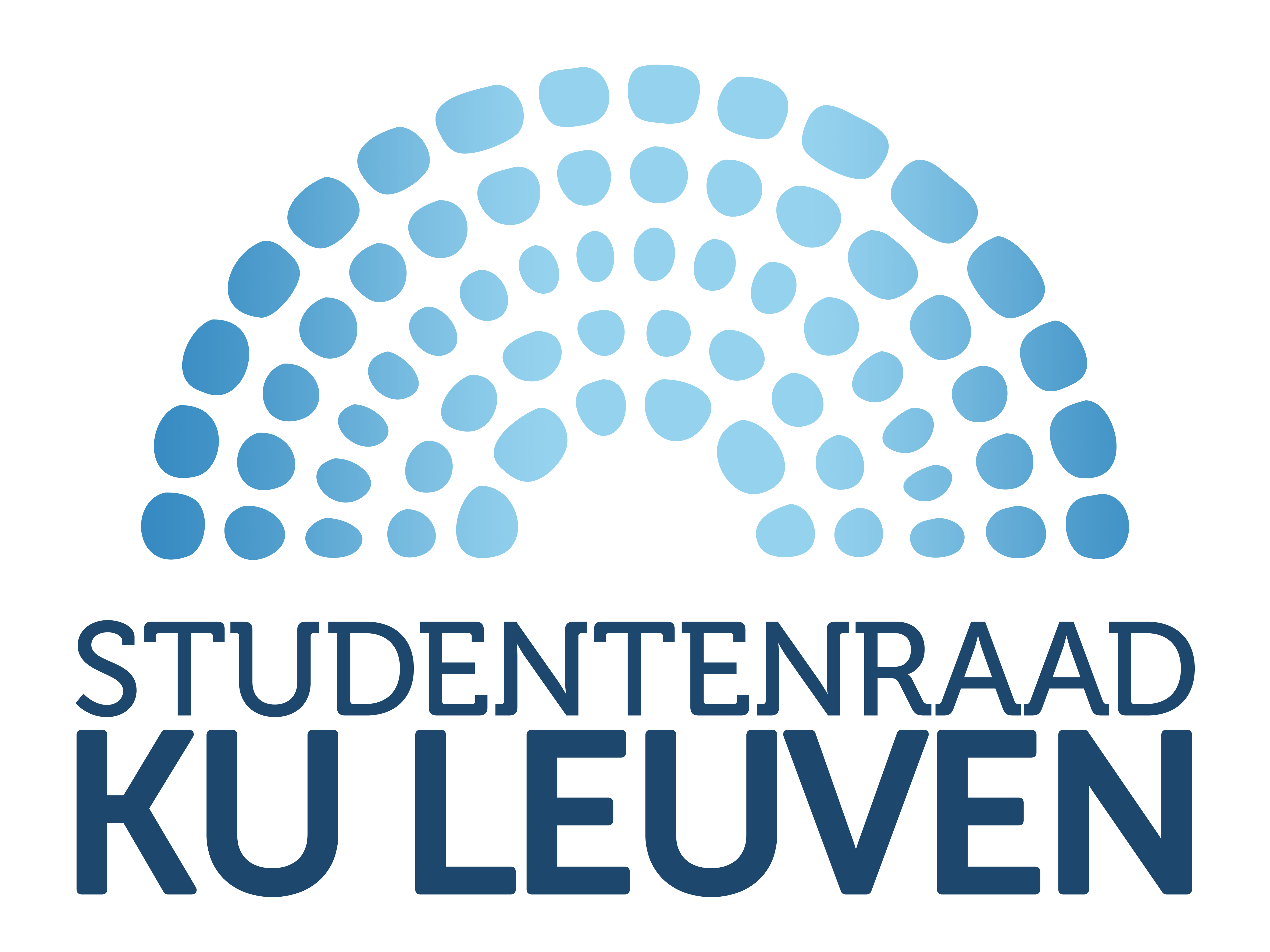What do we do?
OOR stands for Overarching Education Council of the Faculty of Science. But who are we and what do we do? If you've found your way to this site, you probably already know that we have something to do with student representation. More specifically, we are the organization that bundles the strength of all student representatives of the Faculty of Science in order to form faculty and university points of view together and to run the representation at faculty level. We do this by sitting in all the different bodies and making the student's voice heard there. You can find out who is in which organ on our Who's Who page. In addition, we also organize the OOR meeting: an open meeting where everyone is welcome and where we sit together to discuss all matters and form new points of view (the meeting is in Dutch). Of course we are also there to inform you about education and to answer all your questions. Be sure to have a look at our F.A.Q. and Info page where you can find a lot of information: ranging from useful links, information for first year students, a FAQ and even how educational representation works.
What exactly do we do?
The Overarching Education Council of the Faculty of Science (OOR) is responsible for all educational representation at our faculty. The members of OOR sit in all kinds of education-related bodies that are responsible for the quality of education at the faculty. All kinds of matters are discussed here, a few examples are:
- Should a subject be worth more or less credits?
- Ensuring a good spread of exams.
- Feedback on the content of a course and the way it is given.
Of course, these are not the only things we discuss. Everything that revolves around your education has to pass through a meeting where we are also present as students. And if you don't think we have anything to say there, we can reassure you: students in many bodies even have 33% of all votes! This ensures that our vote has a significant impact and that we do have something to say. So, do you have a question or a comment about anything that has to do with your education? Then don't hesitate to ask us! We will make sure that your voice is heard at the relevant meeting!
We are now talking about "all kinds of bodies", but a small overview of the most important of these meetings can certainly not hurt. The one that is closest to the student is most likely the (permanent) education committee or (P)OC. A POC is responsible for one (or a small number of) study program(s) and decides and discusses everything from specific remarks on subjects to the objectives to be achieved by students. For example, you have the POC Mathematics for the Bachelor of Mathematics and the Master of Mathematics. In addition to the POCs, there is also the Faculty POC, which brings together all the POCs of our faculty. Then there are the Faculty Working Groups that are responsible for a certain theme: Sustainability, International, Communication & Outreach and Diversity. You also have the Faculty Council, the Faculty Board, departmental councils, departmental boards, and many more where we represent you. If you are more interested in the entire organizational structure at KU Leuven, you can always contact us.
Last but not least, we also represent your voice at the KU Leuven Student Council, which takes positions on topics of interest to all students at the university.
What is a "POC"?
The vast majority of student representatives sit on a (P)OC or (Permanent) Education Committee. Why is it so important that we are so numerous there? That has everything to do with what is discussed and decided on such a POC. In such a meeting, the courses for which the POC is responsible is discussed very specifically and when making these decisions, it is crucial to know what the students' opinion is about them. Whether or not a course deserves more content depends on the difficulty experienced by the students. Whether or not a professor should be praised for his teaching style depends on how the students experience his teaching skills. In short, everything that is of direct interest to students, ranging from the general objectives of a course to the distribution of tasks, needs to be discussed at such a POC. If we weren't there, all these matters would be decided without any input from students; and that's something that both the teachers and the students realize wouldn't be a good thing. That is why our voice is very much appreciated on such a POC.
In addition, the POC also provides an opportunity to raise and improve issues of the program. In this way we can come up with our own ideas or go in constructive consultation with the academic staff of the POC.
All this also ensures that your student representatives are aware of all new decisions that are made and can help you with any questions you may have. You can also contact them at any time to complain about a particular aspect of your program. They will make sure that this is taken into account. Don't know who your student representatives are? Then be sure to take a look at our who's who page.



